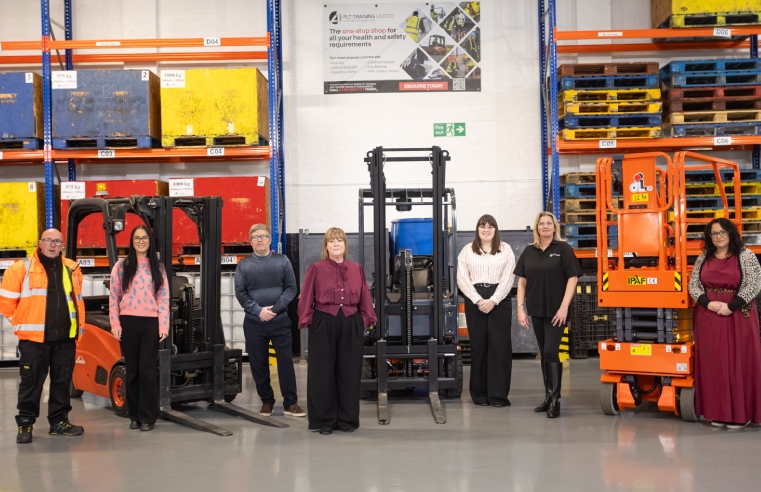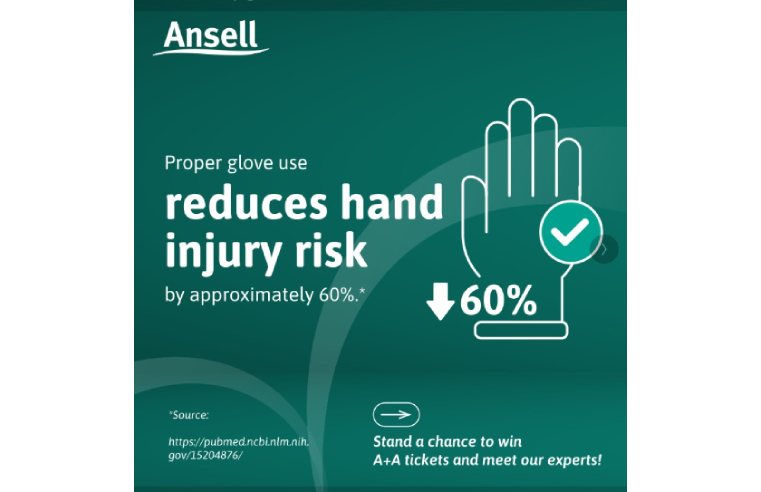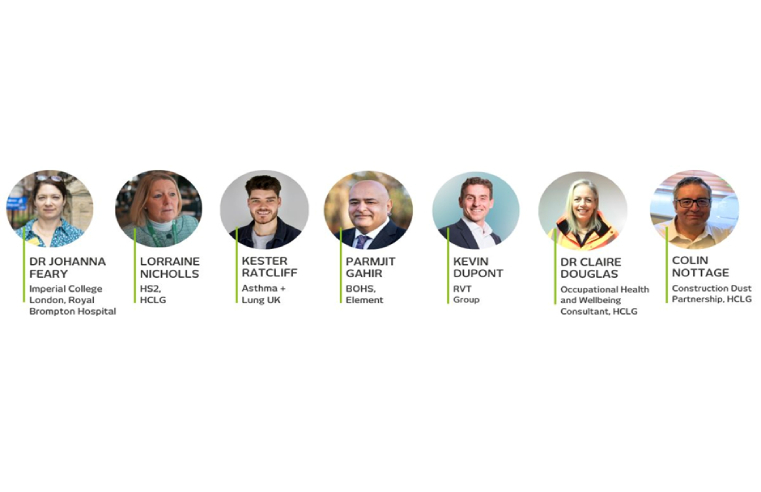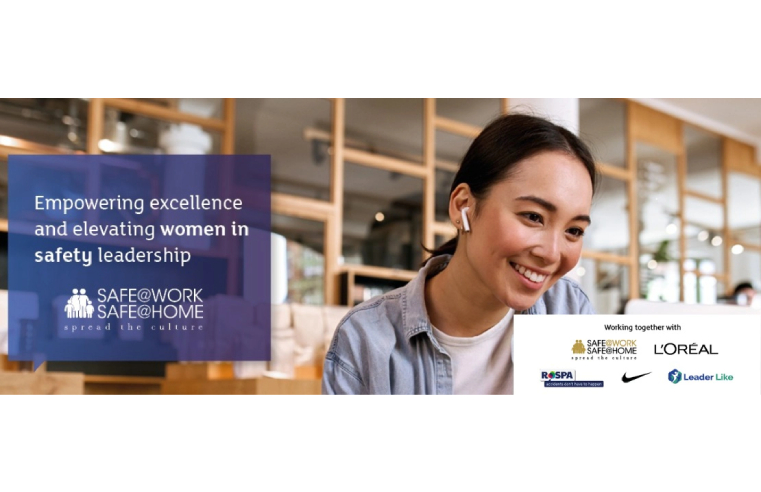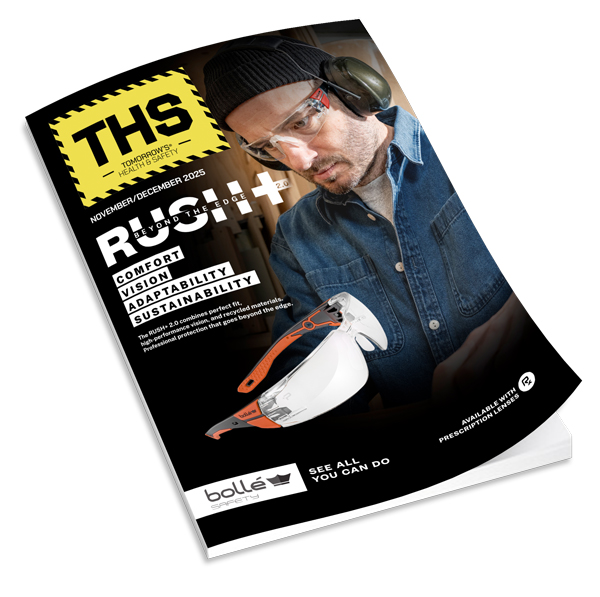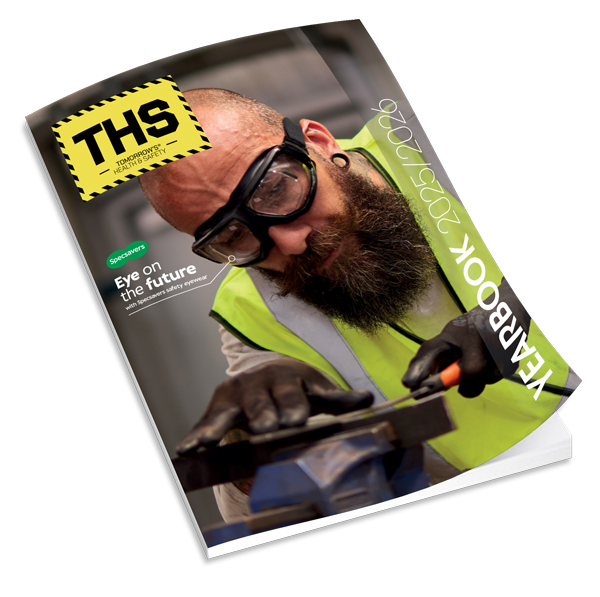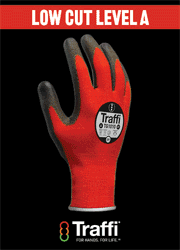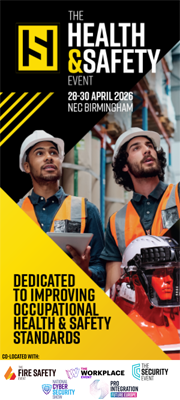UK union Unite is calling for an urgent ‘warts and all’ public inquiry into the death rates of workers from COVID-19 during the pandemic.
The union made its call following the recent publication of the Office of National Statistics (ONS) latest report into deaths by occupation up to 25 May 2020.
Although the ONS found that nearly two thirds of COVID-19 deaths were of male workers, Unite has urged that due attention must also be paid to the high level of deaths among women workers in sectors including retail, health and social care where there has been a total of 377 women worker deaths compared to 270 men
The ONS found that 17 occupations were found to have significantly increased death rates due to COVID-19 including taxi drivers and chauffeurs (135 deaths), security guards (107 deaths), and bus and coach drivers (54 deaths).
In further disturbing findings, the report notes that of the 17 specific occupations that had increased death rates, 11 had a high proportion of black and ethnic minority (BAEM) workers working in them. However, the ONS report does not record deaths by ethnicity and occupation.
Unite assistant general secretary Diana Holland said: “Each and every one of these deaths is an individual tragedy and the families of workers who lost their lives to this terrible disease deserve answers.
“The UK has suffered terribly from the pandemic and in the cold light of day society must take a hard look at why certain workers were particularly vulnerable to COVID-19.
“Many of the professions with the highest number of deaths are not only low paid but have both a long and unsocial hours culture, which often creates specific health problems over time.
“A full public inquiry into these deaths must investigate not only if these workers were failed by a lack of PPE, but also if they were significantly more susceptible to the disease due to the cumulative effects that working long and unsocial hours had on their health.
“It is absolutely imperative that there is a greater understanding of the disproportionate impact of Covid on BAEM workers and this must be examined in order to ensure that everyone is fully protected.”








